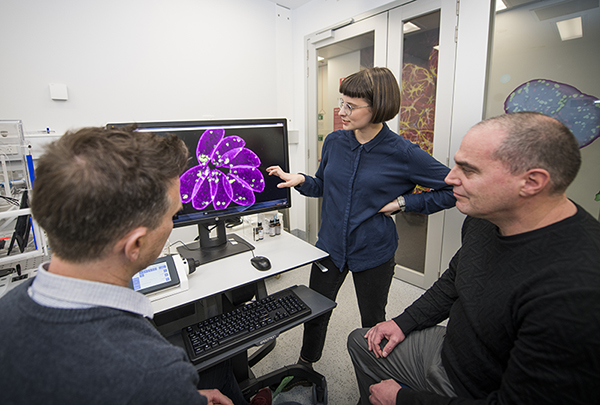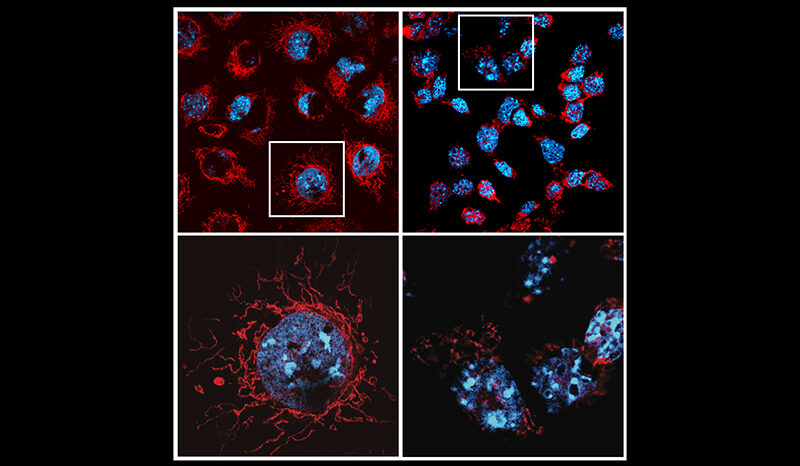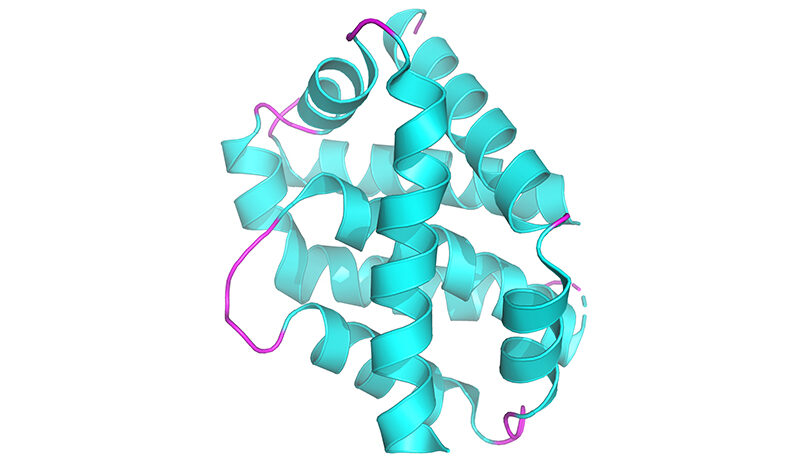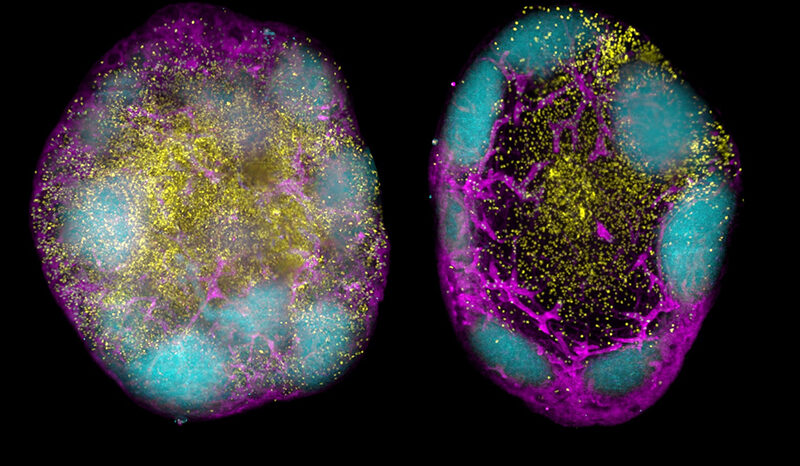Toxoplasmosis is caused by infection with Toxoplasma gondii, a parasite that infects up to 60% per cent of the population in some places. It is related to the parasites that cause malaria and cryptosporidiosis, two other globally significant illnesses.
Humans become infected with Toxoplasma through contact with parasites shed into the environment from infected cat faeces, or by eating raw infected meat. In most people, the initial infection causes mild, or no, symptoms.
In people with weakened immune systems, toxoplasmosis can lead to:
- Brain damage, including encephalitis (inflammation), which can cause confusion and loss of coordination
- Eye damage, impairing vision. Toxoplasmosis is a leading cause of blindness in some communities
- Lung infections
- Coma and death
Pregnant women with toxoplasmosis can transmit the parasite through the placenta to their foetus. This can cause problems including:
- Premature birth
- Brain damage, potentially causing abnormal brain size, seizures and intellectual disability
- Eye damage, potentially causing blindness
- Ear damage, causing hearing loss
Often these symptoms do not become apparent in the child until a decade or more after birth.









